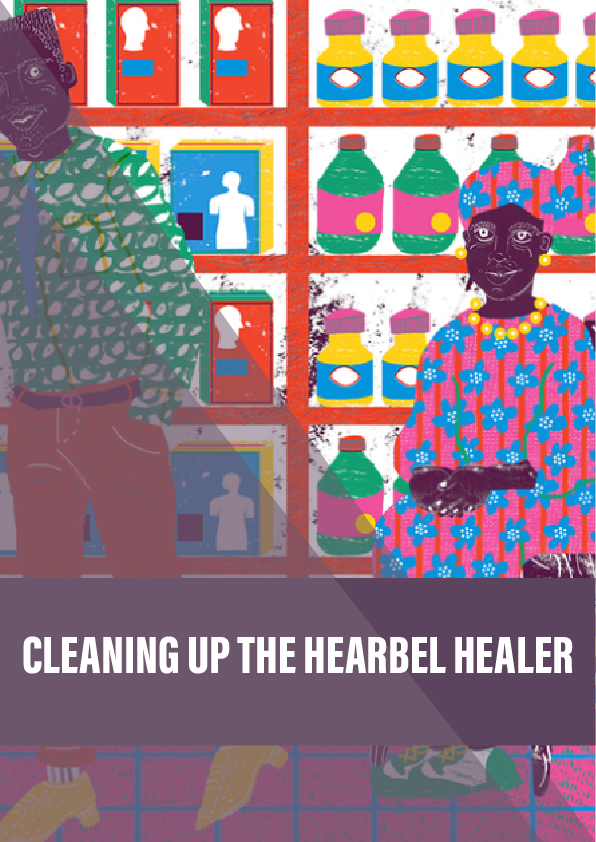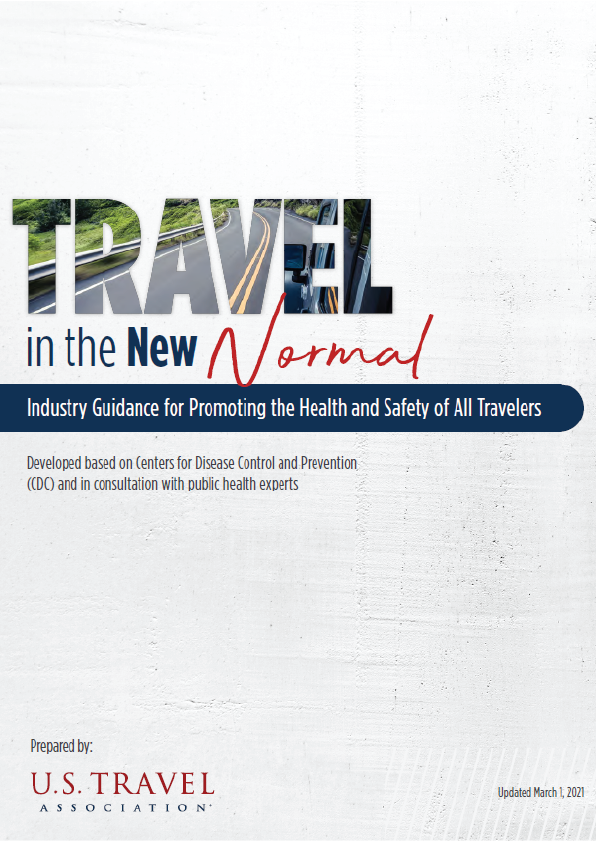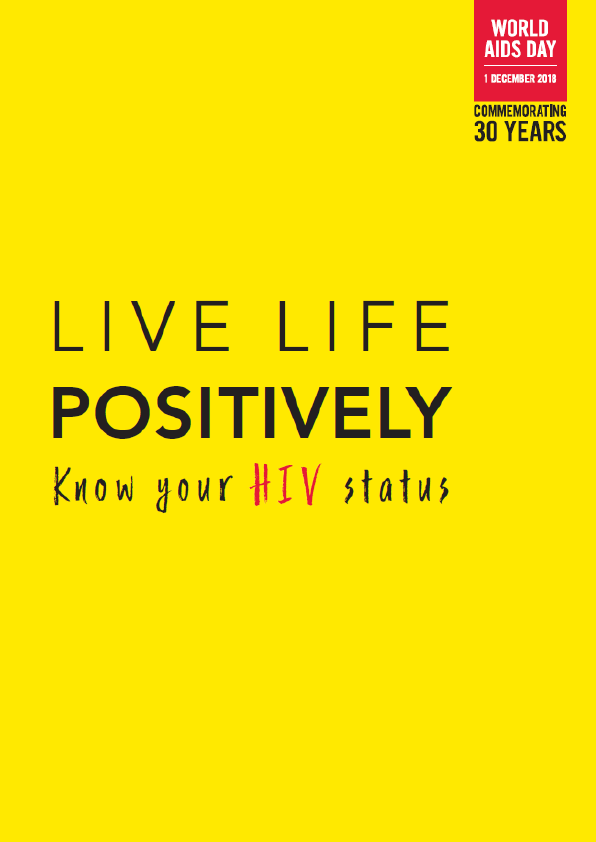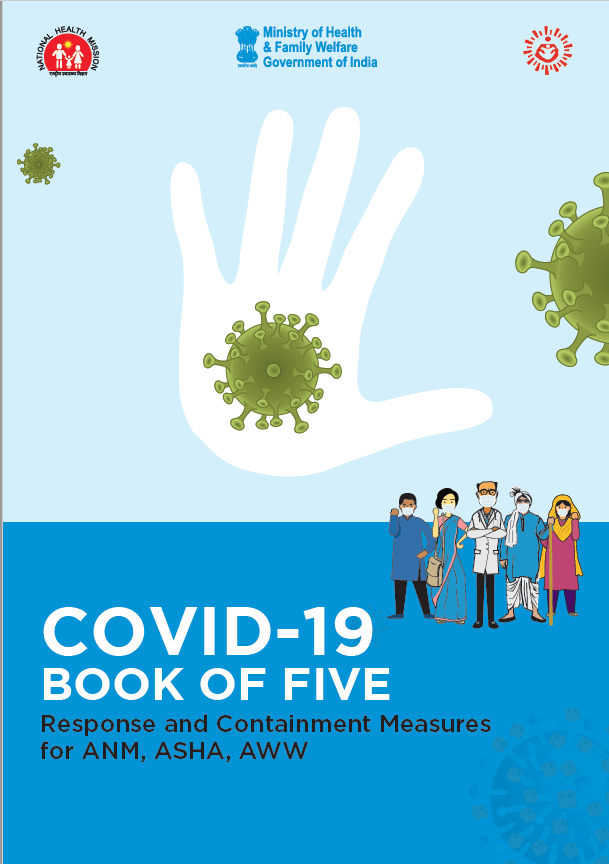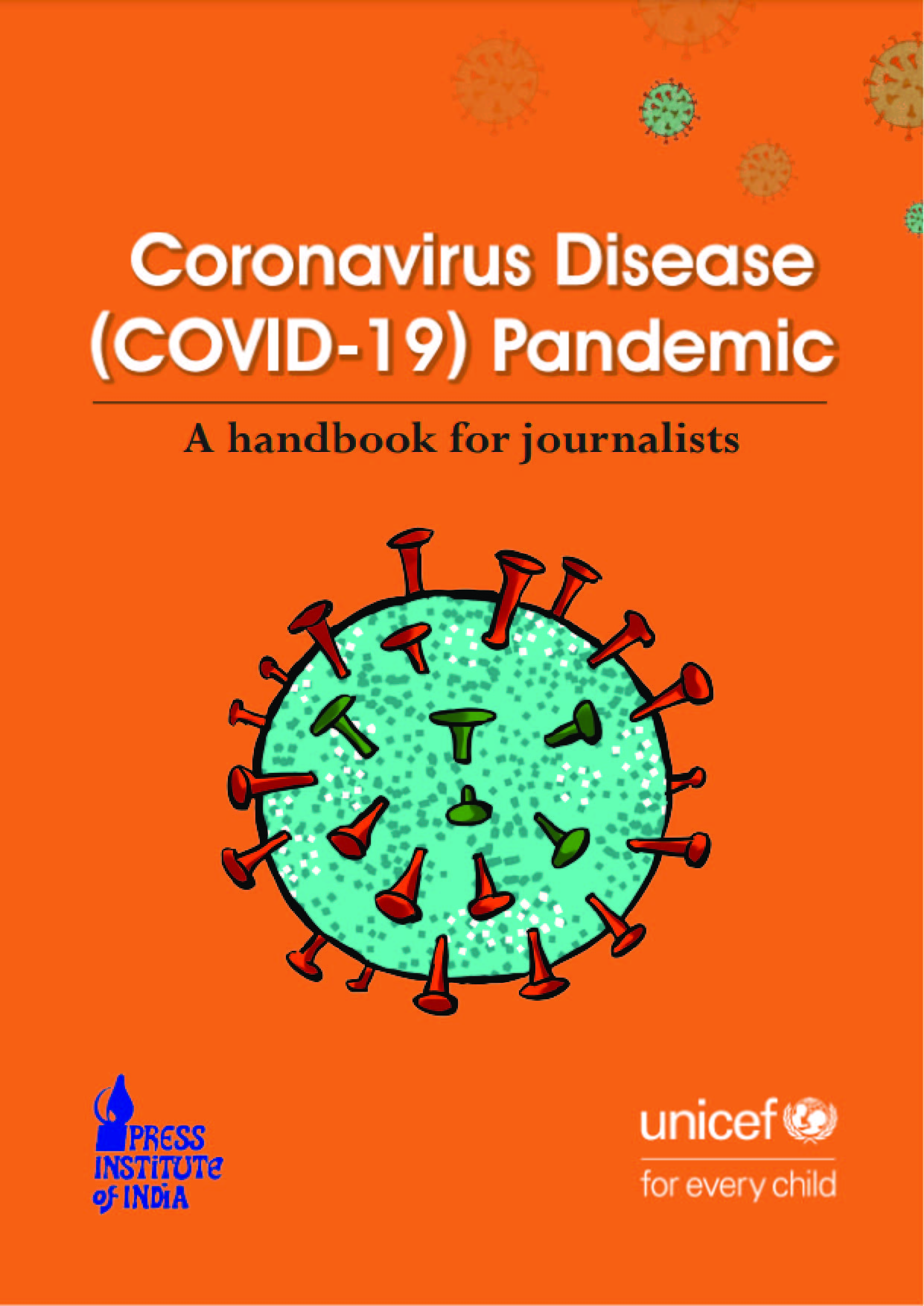From aphrodisiacs to mixtures for malaria, traditional remedies in Ghana are loved by the people and championed by entrepreneurs, and make millions for the government. Yepoka Yeebo finds out how herbal medicine became big business – and whether regulation might make or break it.
I have four leading brands, but the one that moves like water is Venecare.” Theodore Tetteh is founder of the Tinatett Herbal company. “Anything that has got to do with sexually transmitted disease – but not HIV – it takes care of it, just like that.” It also takes care of the pain men sometimes feel when they urinate, he says, sounding increasingly evangelical. And another reason people like it so much is that, according to Tetteh, it improves their sex lives. “It’s the fastest-moving product in the country, and it works like magic.”
Tetteh is sitting in one of his 15 herbal medicine shops, in the Spintex Road industrial area of Accra, Ghana’s capital city. The shelves are a riot of brightly coloured boxes and bottles, most of them filled with remedies manufactured in a small factory a short drive away. Tinatett was one of the first companies to mass-produce herbal drugs in Ghana. Now it is one of the leading manufacturers, with around 32 products, including malaria drugs, aphrodisiacs and slimming pills. Tetteh will not reveal his sales, but says they are in the millions of Ghanaian cedi (£1 is about 5 cedi, $1 is about 4 cedi).
Over at the shop’s counter, a customer is shaking a bottle of Tinatett’s typhoid remedy and asking the shop assistant if he can open it. The last time he bought this stuff it stank like a gutter, he says. He went back to the store he got it from, where they apologised – they said it was a factory error – and gave him a replacement. The bad batch has not soured him on the remedy, he says: he knows it works, he has been using it for years.
Around 70 per cent of people in Ghana depend on herbal medicines for almost all their healthcare. For many of them, there is no question about whether herbal medicines work: they just do, and they have for centuries. Bodies as diverse as the World Health Organization (WHO) and the Ghana Federation of Traditional Medicine Practitioners’ Associations have concluded that if the majority of people have been using herbal medicines for generations to no obvious ill effect, they are probably safe. Actively stopping people from using traditional remedies, especially when there are few affordable, accessible alternatives, could do more harm than good.
